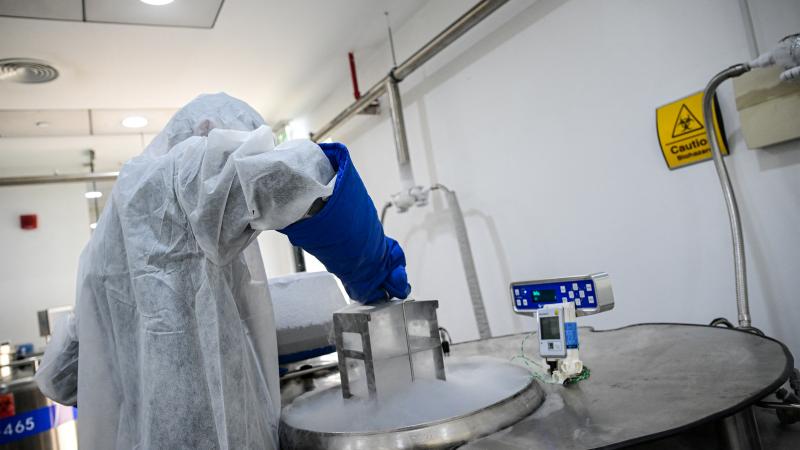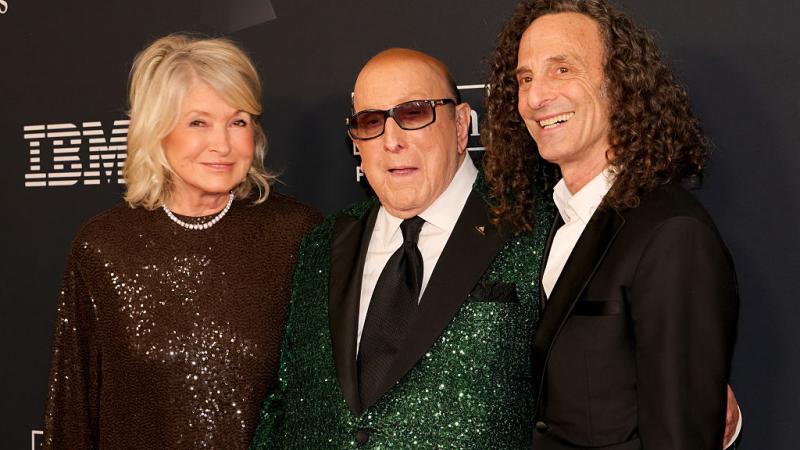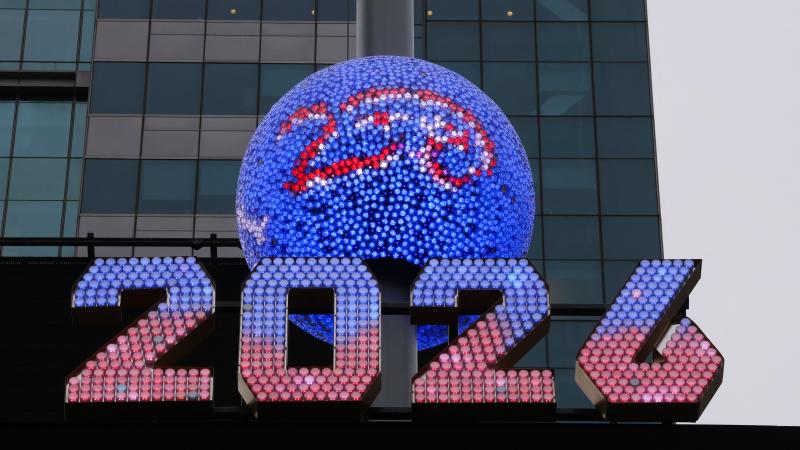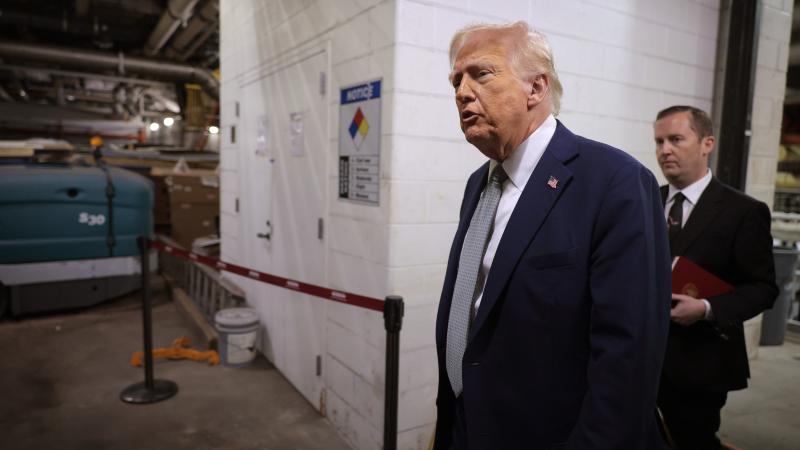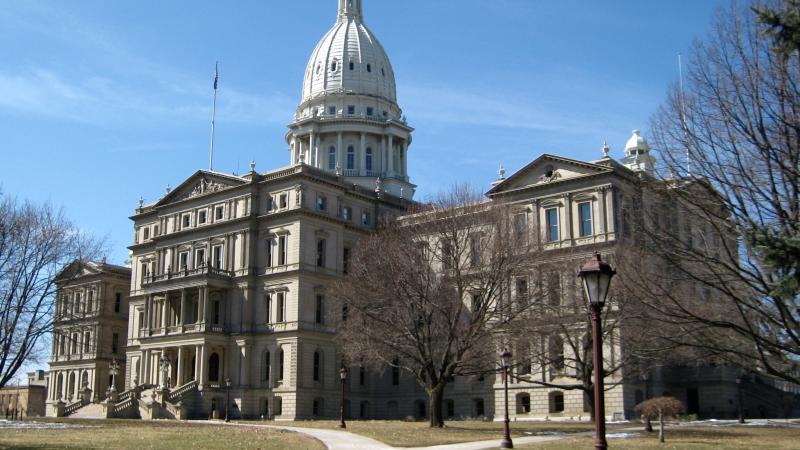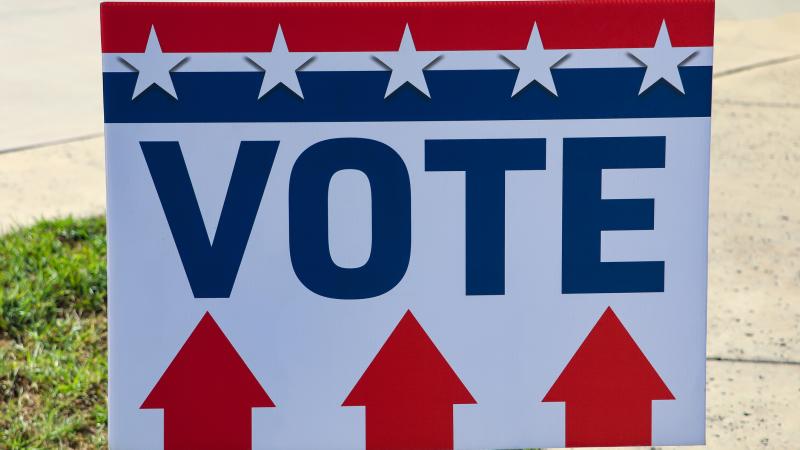US, Japan scientists win Nobel medicine prize for immune system research discoveries
The winners are Mary Brunkow and Fred Ramsdell from the U.S., and Shimon Sakaguchi from Japan
Scientists from the U.S. and Japan won the 2025 Nobel Prize in Physiology or Medicine on Monday for their research discoveries of the immune system.
The winners are Mary Brunkow and Fred Ramsdell from the U.S., and Shimon Sakaguchi from Japan, Reuters reported. The three scientists discovered how the immune system spares healthy cells, which could open up the possibility for new autoimmune disease and cancer treatments.
The winners for the medicine prize are chosen by the Nobel Assembly of Sweden's Karolinska Institute medical university and receive a prize sum of 11 million Swedish crowns ($1.2 million), and a gold medal presented by Sweden's king.
The scientists' discoveries relate to peripheral immune tolerance, or "how we keep our immune system under control so we can fight all imaginable microbes and still avoid autoimmune disease," according to Marie Wahren-Herlenius, a rheumatology professor at the Karolinska Institute.
Japanese Prime Minister Shigeru Ishiba called Sakaguchi, a professor at Osaka University, during a press conference in Osaka, congratulating him on the prize.
“I used to think that some sort of reward may be forthcoming if what we have been doing will advance a little further and it will become more beneficial to people in clinical settings,” Sakaguchi said.
The Karolinska Institute said that the three laureates' research focuses on so-called regulatory T-cells, which act as the immune system's security guards that prevent immune cells from attacking one's own body.
Brunkow is a senior program manager at the Institute for Systems Biology in Seattle, and Ramsdell is a scientific adviser at Sonoma Biotherapeutics in San Francisco.
Jeffrey Bluestone, a friend of Ramsdell and co-founder with him of Sonoma Biotherapeutics, told Reuters that his associate's contribution was finding a gene, initially in mice, that controlled the development of a small group of regulatory T-cells.
Following the announcement, the Karolinska Institute's Thomas Perlmann said specific therapies had yet to win market clearance but that there are more than 200 ongoing trials on humans involving regulatory T-cells.
